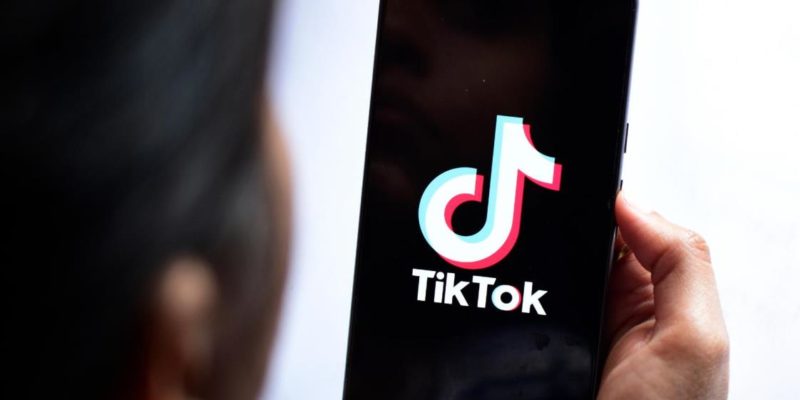The US Supreme Court delivered a unanimous decision on Friday, upholding a federal law requiring TikTok to either divest from its Chinese parent company, ByteDance, or face an outright ban in the United States by Sunday.
A Major Blow to TikTok as Deadline Approaches
The ruling, seen as a significant setback for TikTok, intensifies uncertainty about the platform’s future in the US. With just two days left to comply, the app’s parent company, ByteDance, faces an uphill battle to secure a divestiture deal. Meanwhile, President-elect Donald Trump, who has pledged to “save” the app, will be sworn into office a day after the ban deadline.
RELATED: Nigerian authorities pursue notorious bandit hosting live ransom displays on TikTok
ALSO READ: TikTok: Swimming against the tide
Free Speech Concerns and Geopolitical Tensions
ByteDance had argued that banning TikTok would violate users’ First Amendment rights, emphasizing that more than 170 million Americans rely on the app for news, entertainment, and self-expression. However, the court rejected this claim, aligning with years of US government concerns that TikTok’s Chinese ownership could enable unauthorized access to Americans’ data or influence public opinion.
TikTok has consistently denied these allegations, highlighting its international funding and robust data protection measures. Yet, the app’s connection to ByteDance and geopolitical tensions between the US and China remain central to the controversy.
Global Trend of TikTok Restrictions
TikTok’s challenges extend beyond the United States. Several countries have banned or restricted the platform due to cybersecurity concerns, claims of harmful content, or geopolitical conflicts:
- India: Permanently banned TikTok in 2021, citing security concerns following a deadly border clash with China.
- European Union: Banned TikTok on staff phones at the European Parliament, European Commission, and European Council, citing cybersecurity risks.
- Canada, Australia, and the UK: Restricted TikTok on government-issued devices in 2023 due to concerns over data security.
- Nepal: Banned TikTok in 2023, accusing it of disturbing social harmony.
- Taiwan: Prohibited TikTok on government devices in 2022, while Somalia and the Taliban cited concerns over youth influence and harmful content.
Even within China, ByteDance operates a separate app, Douyin, tailored to Chinese-language users, as TikTok itself is unavailable.
The Implications of a TikTok Ban in the US
The ban would mark an unprecedented move against a major social media platform with over 170 million American users. Analysts argue this could have far-reaching implications:
- Economic Impact: Content creators and businesses relying on TikTok for revenue and audience engagement may face disruptions.
- Tech Industry Precedent: The ruling could set a new benchmark for government intervention in tech platforms with foreign ownership.
- Geopolitical Relations: The decision underscores escalating tensions between the US and China, potentially influencing future tech policies.
TikTok’s Response and Next Steps
In response to the ruling, TikTok reaffirmed its commitment to maintaining operations and protecting its users. The company is exploring options, including challenging the decision or accelerating divestiture efforts.
As the deadline approaches, the focus will shift to the incoming Trump administration, whose approach to resolving the issue could determine the platform’s future.































